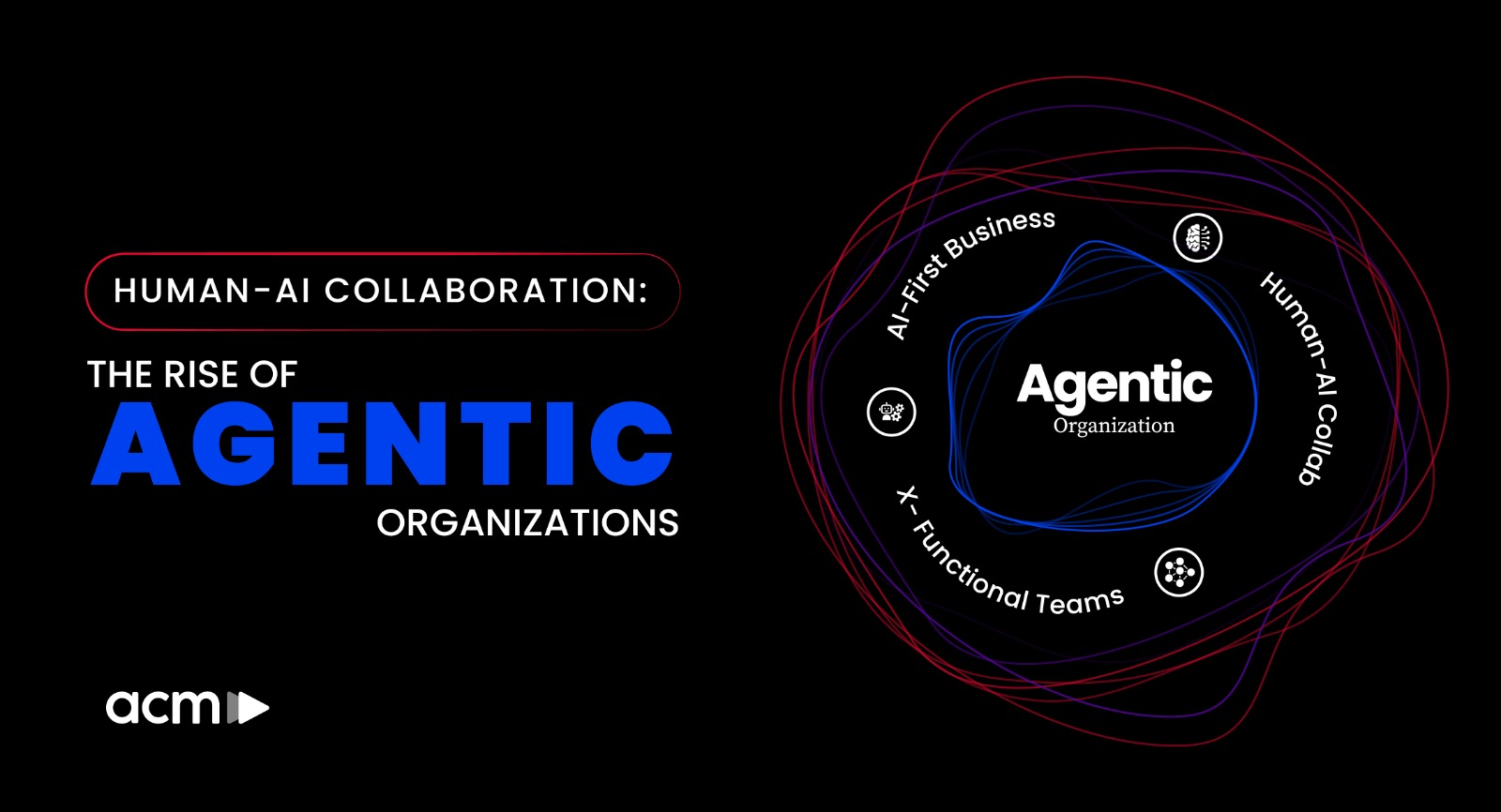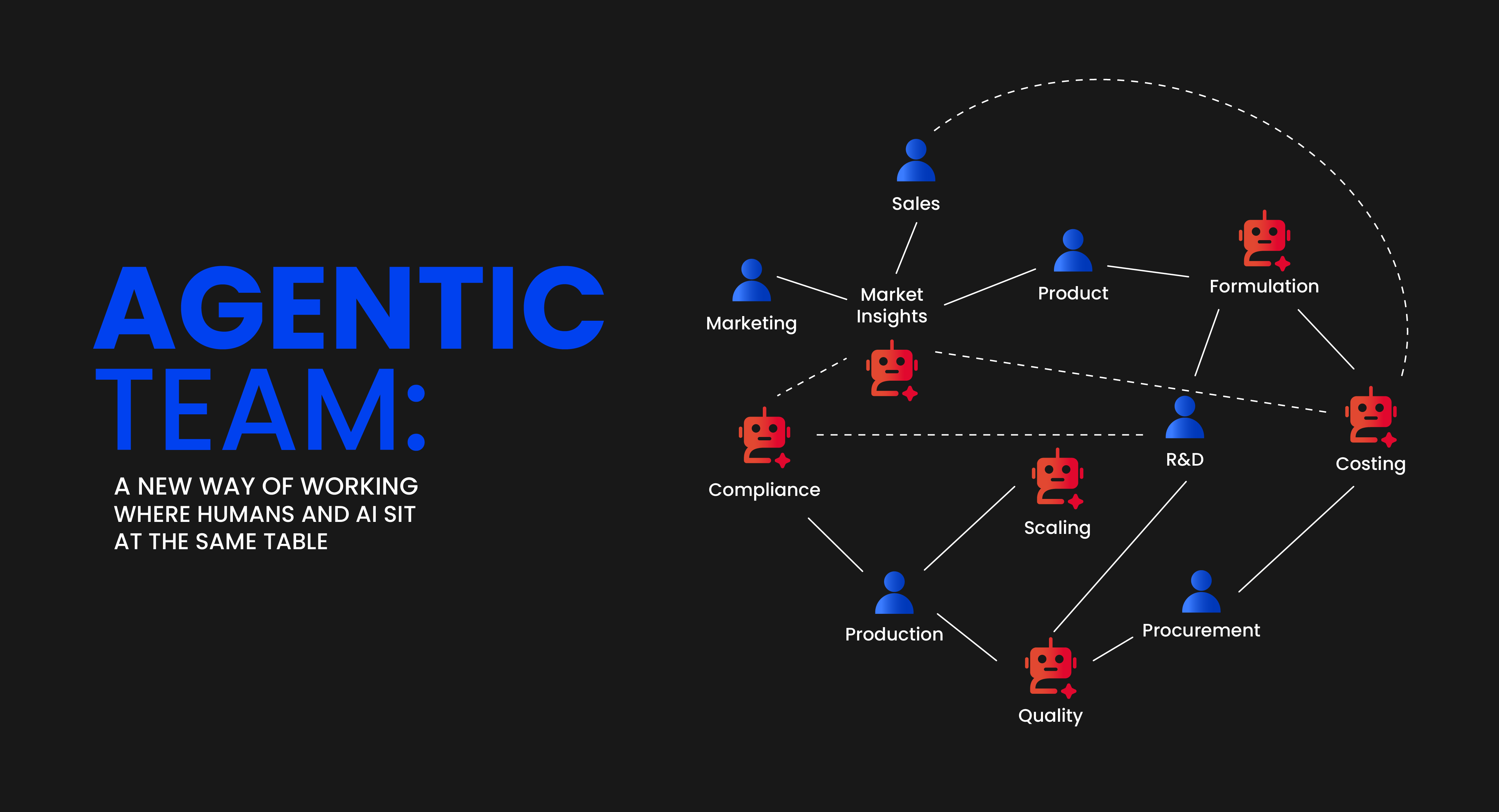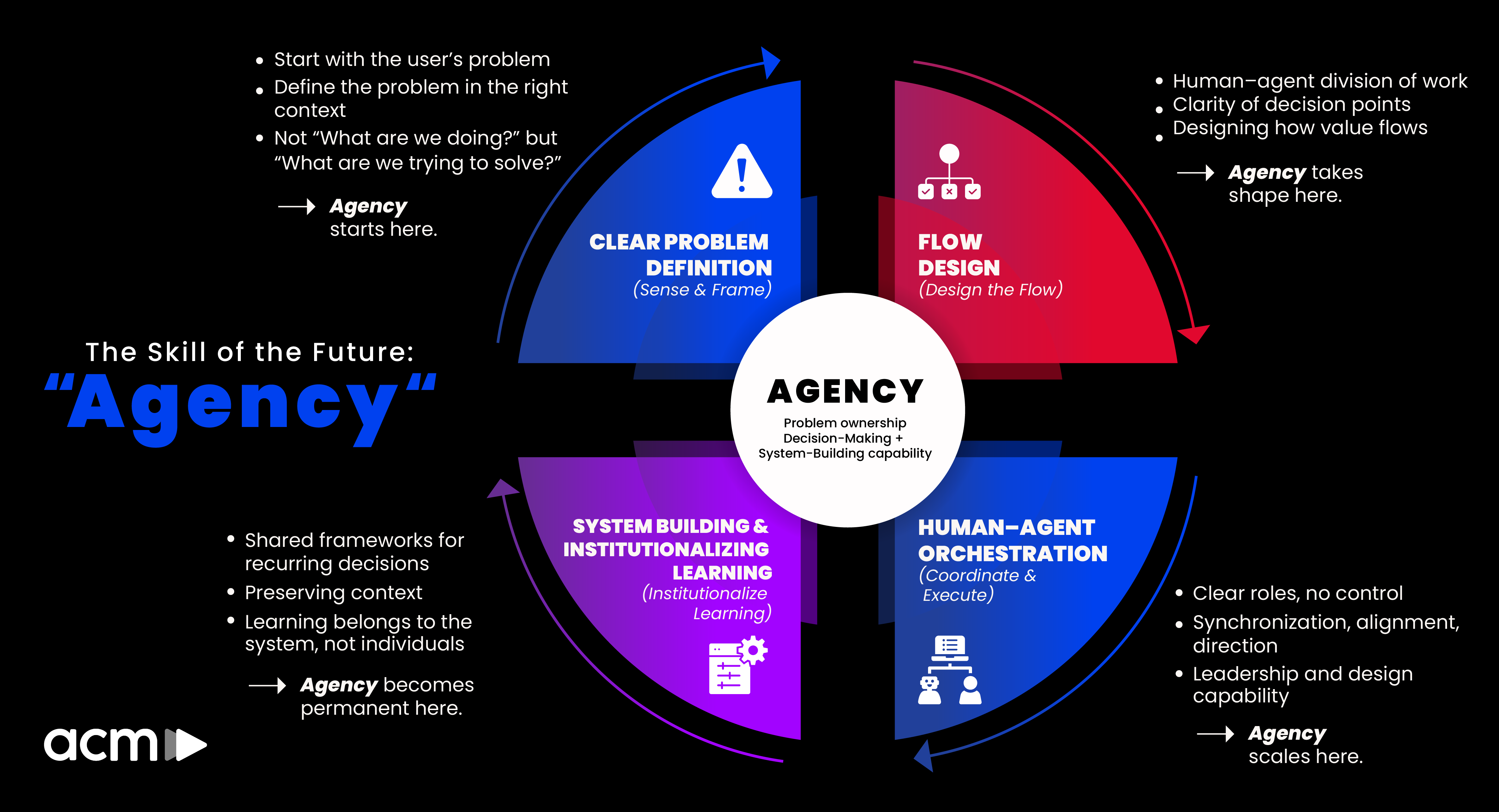The Power of Conflict
Let's take a look together at the positive effects that constructive conflict can create for organizations that see conflict not only as negative.
What if we told you that conflict in the workplace can actually be a catalyst for better decision making and improved team dynamics? Conflict in the workplace often carries a negative connotation, evoking images of tension, disagreements, and strained relationships. However, when approached with the right mindset and framework, conflict can be a powerful tool for growth, innovation, and better decision making. Why leaders should encourage conflicts? In this blog post, we will explore why we should embrace conflict and how it can lead to better decision making, where diverse perspectives clash and spark creativity.
Embracing Diverse Perspectives:
When team members come from different backgrounds, experiences, and viewpoints, conflicts are bound to arise. However, rather than avoiding or suppressing these conflicts, leaders should encourage them. By doing so, leaders enable the exploration of diverse perspectives and open up opportunities for fresh ideas and innovation. Constructive conflict allows for a rich exchange of ideas, challenging the status quo and fostering creativity within the team.
Challenging Assumptions and Biases:
By encouraging conflict, leaders create a space where assumptions and biases can be examined and challenged. When team members engage in open and respectful disagreements, it forces them to question their own preconceived notions and consider alternative viewpoints. This process helps uncover blind spots, reduces cognitive biases, and promotes more informed decision making.
Fostering Robust Decision Making:
Conflict, when managed effectively, leads to robust decision making. When multiple perspectives are considered and debated, decisions are more thoroughly examined and analyzed. By encouraging constructive conflict, leaders ensure that decisions are not made hastily or based solely on personal biases. Instead, conflicts allow for critical evaluation, thorough deliberation, and the incorporation of diverse insights, resulting in more well-rounded and informed decisions.
Strengthening Team Dynamics:
Paradoxically, encouraging constructive conflict can actually strengthen team dynamics. When conflicts are managed respectfully and constructively, team members feel valued and heard. They become more engaged, motivated, and invested in the decision-making process. Conflict can lead to increased trust and collaboration, as team members learn to appreciate different perspectives and find common ground. Ultimately, this fosters a more cohesive and high-performing team.
Learning and Growth:
Conflict is an opportunity for learning and growth, both at the individual and organizational levels. When leaders encourage constructive conflict, they create a culture of continuous learning, where team members are empowered to challenge assumptions and seek improvement. Conflict allows individuals to develop their critical thinking skills, expand their knowledge, and gain a deeper understanding of complex issues. Moreover, by embracing conflict as a learning opportunity, organizations can adapt and evolve in a rapidly changing business landscape.
In conclusion, leaders who courageously embrace and encourage constructive conflict can unlock its transformative power within their organizations. By nurturing diverse perspectives, fostering robust decision making, and promoting a culture of continuous learning and growth, they pave the way for elegant and informed decisions that propel their teams and organizations forward. Rather than shying away from conflict, let us recognize its potential as a catalyst for positive change, embracing it as a valuable tool to unlock the full potential of our teams and create a harmonious environment where innovation and success flourish.
Powered by ChatGPT









Comment(s)